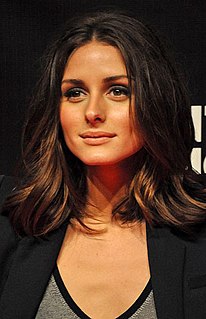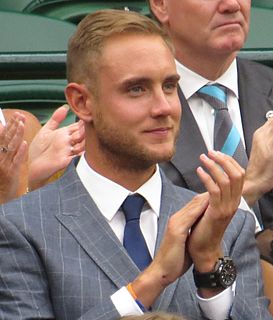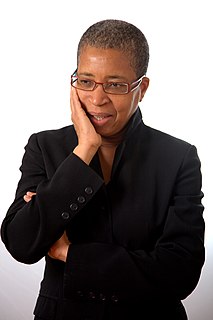A Quote by John Selden
We see the judges look like lions, but we do not see who moves them.
Related Quotes
I don't see people. I don't see men and women at all. When I see them, I see... their mothers and fathers. I see how old they are inside. Like when I look at the president, or anybody in a record company, or a store owner, I may see a little boy behind the counter with the face of an old man. And that's who I talk to.
Diversity on the bench is critical. As practitioners, you need judges who 'get it!' We need judges who understand what discrimination feels like. We need judges who understand what inequality feels like. We need judges who understand the subtleties of unfair treatment and who are willing to call it out when they see it!
Scientists normally like to do experiments. You know, they like to mix this with that and see what happens. They like to take this thing and poke it and see how it reacts. In astronomy, we can't do that. The stars, the planets, the galaxies, are so far away that we just look at them, and we have to learn things by looking at them.
I grow green beans in my garden. The one thing I know about harvesting them is that you need to train your eyes to see the beans. At first it all looks like leaves, until you see one bean and then another and another. If you want clarity, too, you have to look hard. You have to look under things and look from different angles. You'll see what you need to when you do that. A hundred beans, suddenly.
Human beings are complicated and flawed and unique, but we all have a story to tell. Gone are the days where our lead characters can only look like somebody else. Heroes look like all of us. We see ourselves in each others' stories. We see who we are. We see who we want to be. Sometimes we see who we don't want to be. And through that we have a greater understanding of ourselves and acceptance of each other.
When I glare, I don't see it as aggression. I have just got such passion to get wickets. I don't ever say anything, I just have a look and see if I can get their mind concentrating on other things and get them outside their bubble. I like to get them switched on, have a look and get in a bit of a battle.











































